Beatriz Pérez
Badia, M., Pérez, B., Orgaz, B. M., & Gómez-Vela, M. (2023). Leisure education in youth with developmental disabilities: Effects on individual quality of life, adaptive behavior, and family quality of life. Journal of Intellectual Disabilities. https://doi.org/10.1177/17446295231168442
